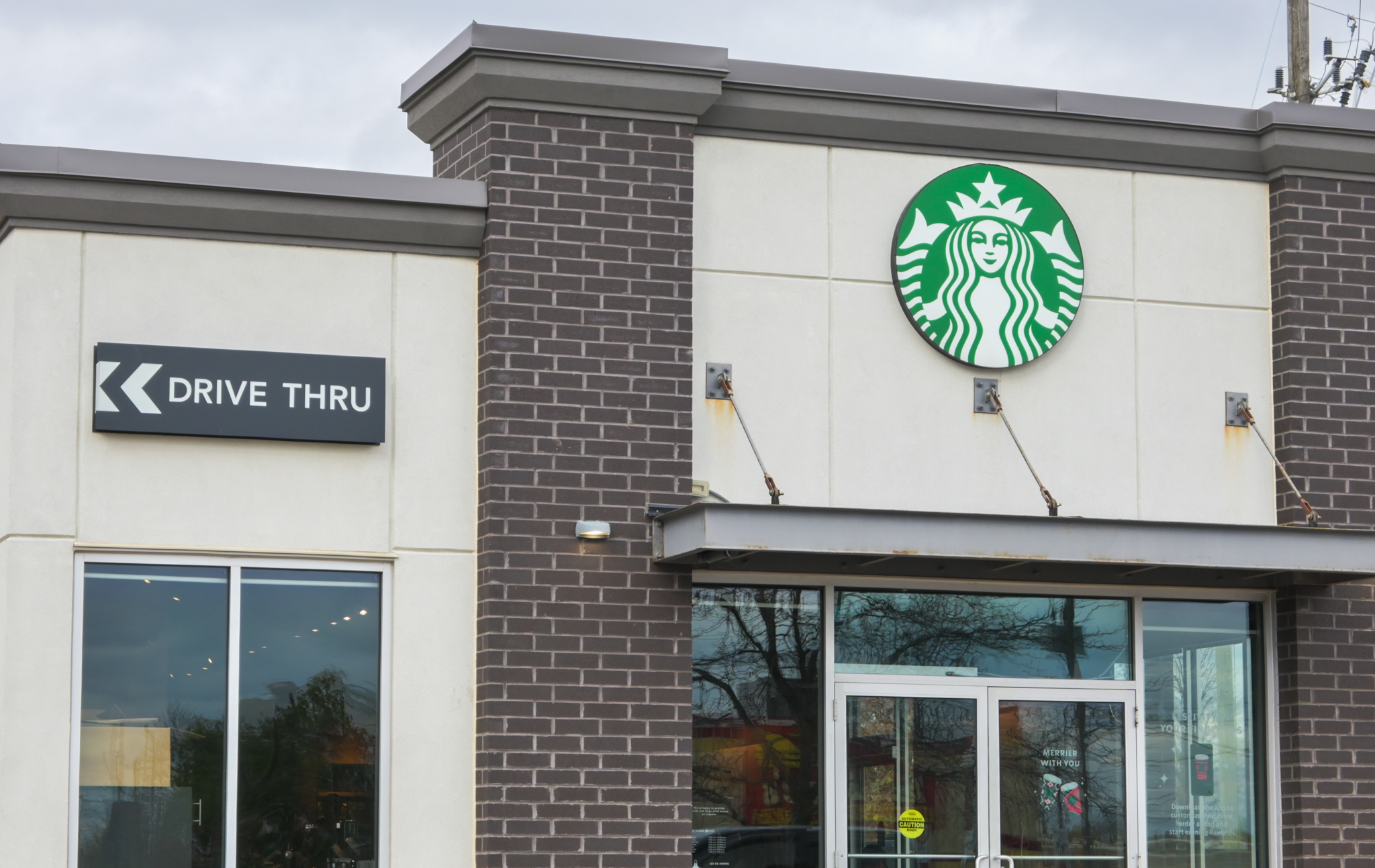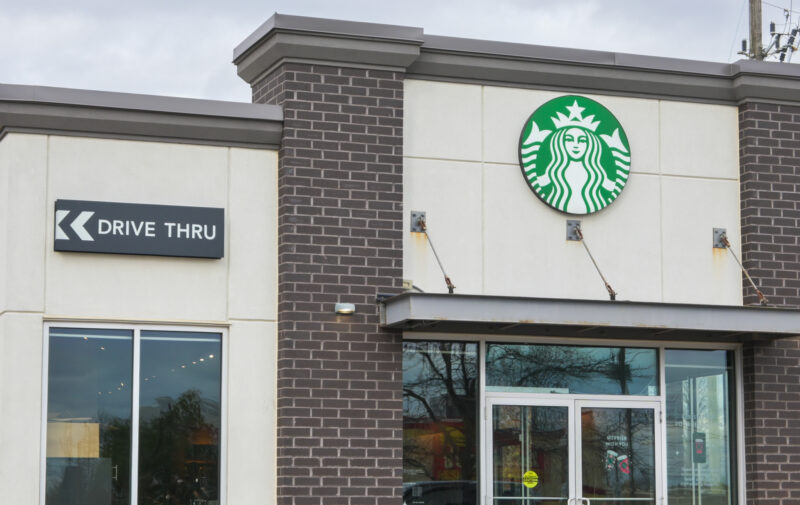Starbucks boycotts continue for Gaza


This article is cross posted with The Sputnik
Wilfrid Laurier University students in Brantford have been boycotting Starbucks and other brands that support Israel to stand in solidarity with Palestine during the ongoing war.
In October, the union organizing the café’s workers, Starbucks Workers United, posted “Solidarity with Palestine!” on social media after the Hamas attack in Israel that killed around 1,200 people. Starbucks then published a statement that said the post was “reflecting [individual workers’] support for violence perpetrated by Hamas.”
“We unequivocally condemn these acts of terrorism, hate and violence, and disagree with the statements and views expressed by Workers United and its members,” the statement said.
Boycotts were already taking place due to Starbucks’ history of poor worker treatment, but calls to cut off the café erupted shortly after this. The company is now taking the union to court for using their logo, and Workers United is countersuing for defaming the union “by implying that it supports terrorism and violence.”
“For me, it was kind of a no-brainer,” said Maham Wyne, a fourth-year criminology student and co-president of Laurier Brantford’s Muslim Student Association. “Anything that supports genocide of the people of Gaza, I knew I would not support, especially something that is not of necessity… I won’t die if I don’t have a Starbucks drink.”
CEO Laxman Narasimhan said in a letter to shareholders, “Our stance is clear. We stand for humanity.”
Usfer Syed, a fourth-year criminology student and the other co-president of the Muslim Student Association on campus said this statement shows Narasimhan is still not willing to address much about the crisis in Gaza. But Syed said this also means the CEO is now in a position where he cannot ignore it either.
In November, thousands of Starbucks workers walked out on a one-day strike during the café’s busiest day of the year, Red Cup Day, when anyone who orders a holiday beverage receives a free reusable cup. Since then, Starbucks’ shares have gone down by 8.96 per cent with an $11 billion USD loss.
Megan Jacobs, a fourth-year social work student, used to buy Starbucks every day before she started boycotting. She said this change is different, but not hard.
“I don’t think that that’s right, that they’re suing their workers board for something that they support,” said Jacobs. “Now it just feels wrong to go there.”
Jacobs said she makes her coffee at home, careful not to use brands affiliated with Starbucks.
Other brands students are boycotting include Shoppers Drug Mart, Bath and Body Works, Walmart, Disney, McDonald’s, Papa John’s, Burger King and Tim Hortons.
Syed said he used to go to Tim Hortons every day until he learned that a part of his daily routine was on the Boycott, Divestment, Sanctions (BDS) movement’s official list. This is a Palestinian-led movement that promotes boycotts, divestments and economic sanctions against Israel. Although Starbucks is not on the BDS boycott list, people added the café to their personal tally of brands to avoid.
“This money itself is going towards businesses who are endorsing an illegal occupation. On top of that, they are endorsing the support of an army which is objectively acknowledged to be committing war crimes, which does make it very difficult for many people to then continue wanting to put money into these businesses’ pockets,” said Syed. “It was definitely a challenge… but the more the conflict ensued, it kind of gave you some more reassurance that this boycott is necessary and it is working.”
Syed said he buys his coffee from other cafés that don’t support Israel, like Second Cup.
“Second Cup is now becoming the spot for a lot of people to go to,” said Syed while sitting at one of their locations. “This café is packed. There’s a line-up, and it always used to be Tim Hortons with the line-up.”
Eugenia Garcia-Pena, a fourth-year social work student, said people in the West should acknowledge the power and privilege they hold. This includes making a difference even by boycotting their favourite brand.
“Regardless of whether I’m near or far, I still want to support folks and I still want to just make sure that I am holding myself accountable too,” she said.
Students said they won’t return to brands like Starbucks anytime soon unless there is serious rectification of their Israeli support. Those boycotting use sources like bdnaash.com to learn about more companies who support Israel.
A student who would not like their name published due to fear of losing their position on campus said boycotts in countries like Malaysia have resulted in multiple empty Starbucks locations. They said “that type of awareness just doesn’t exist in Canada, unfortunately.”


